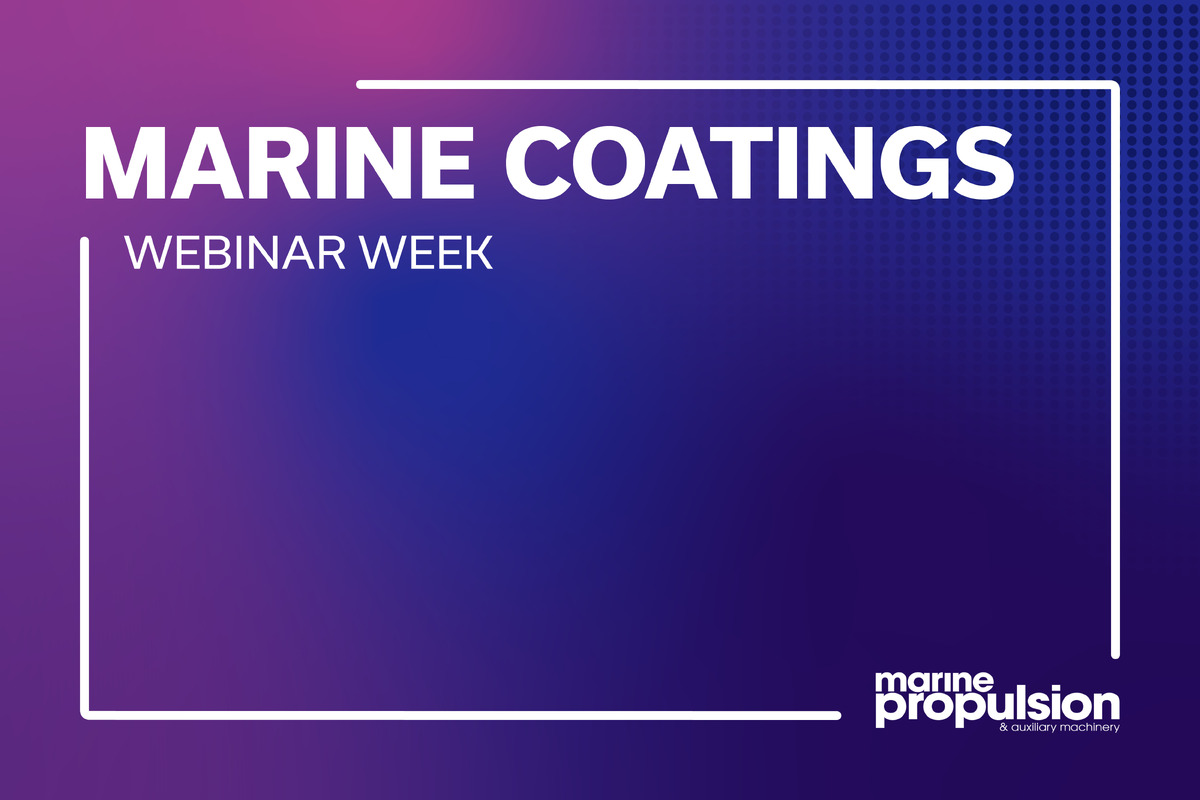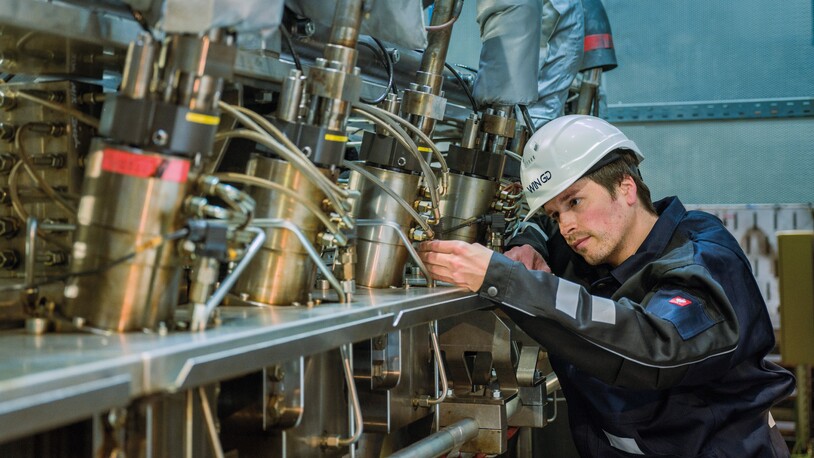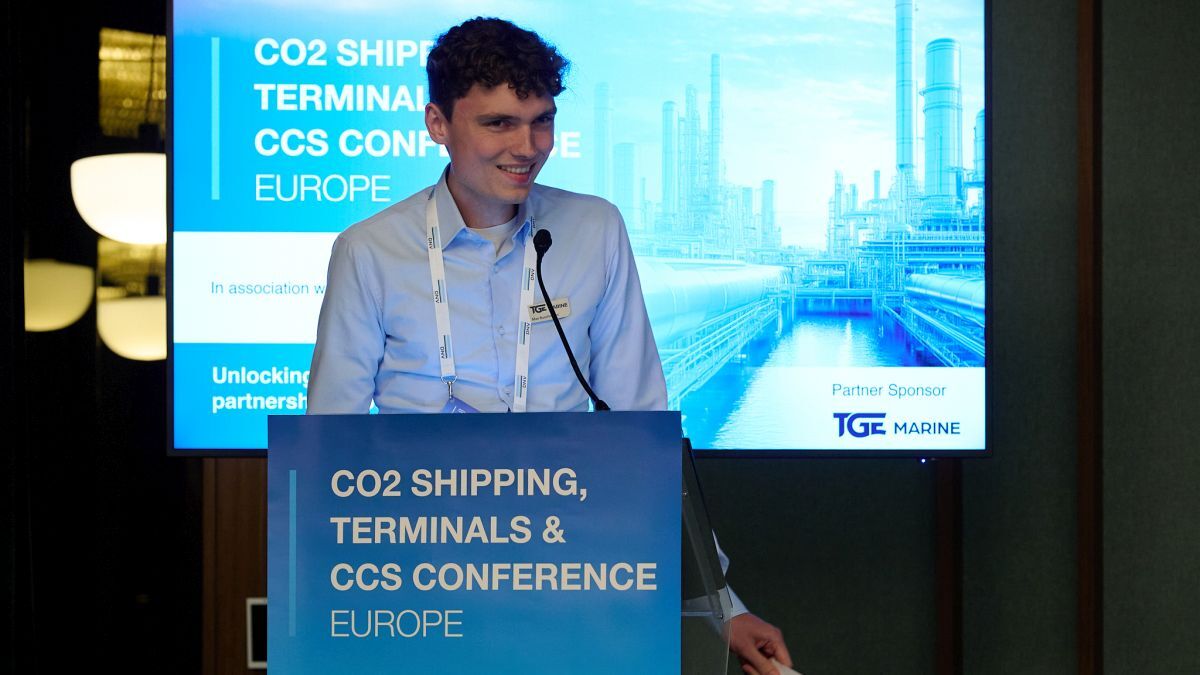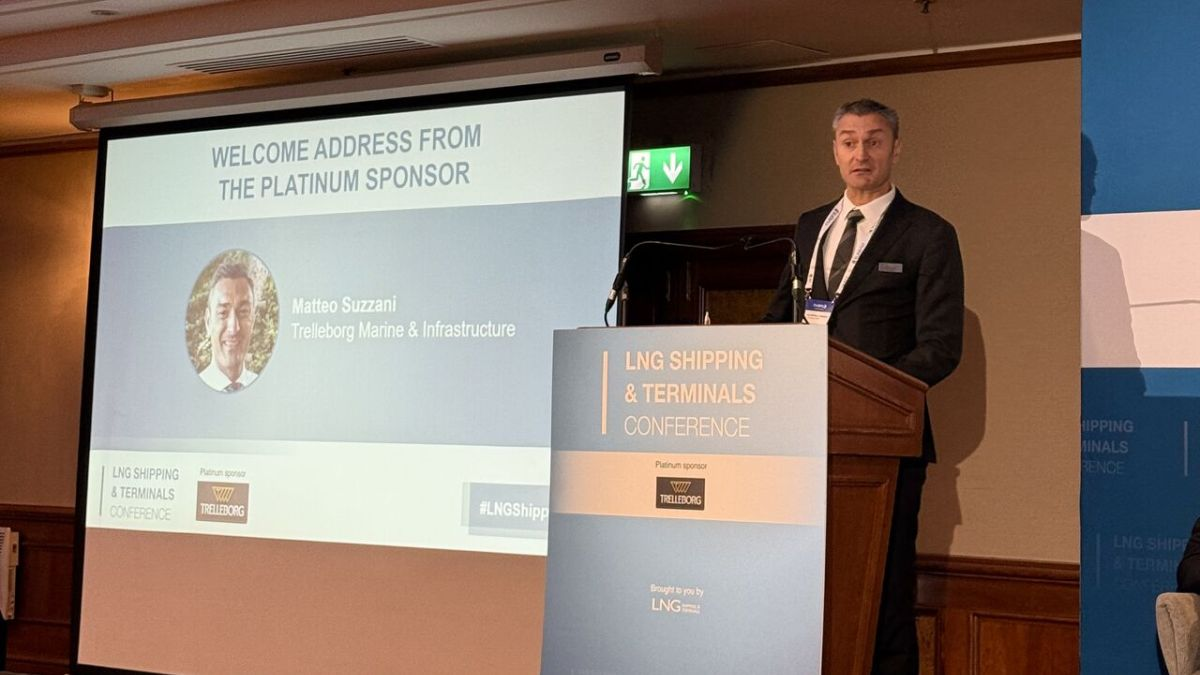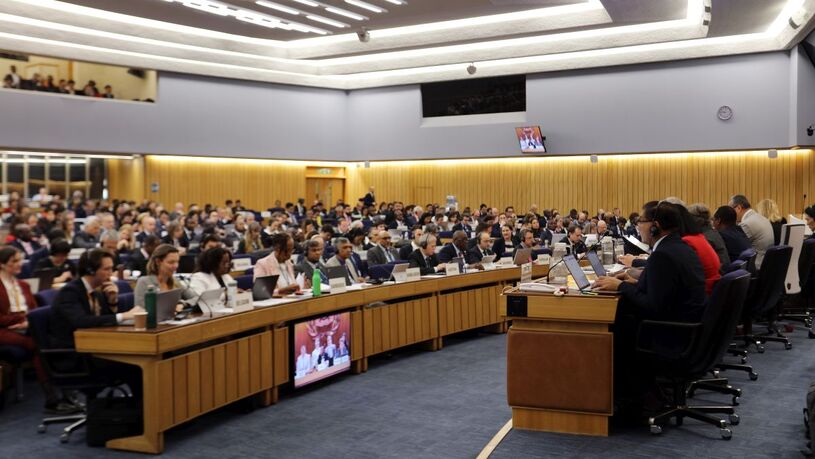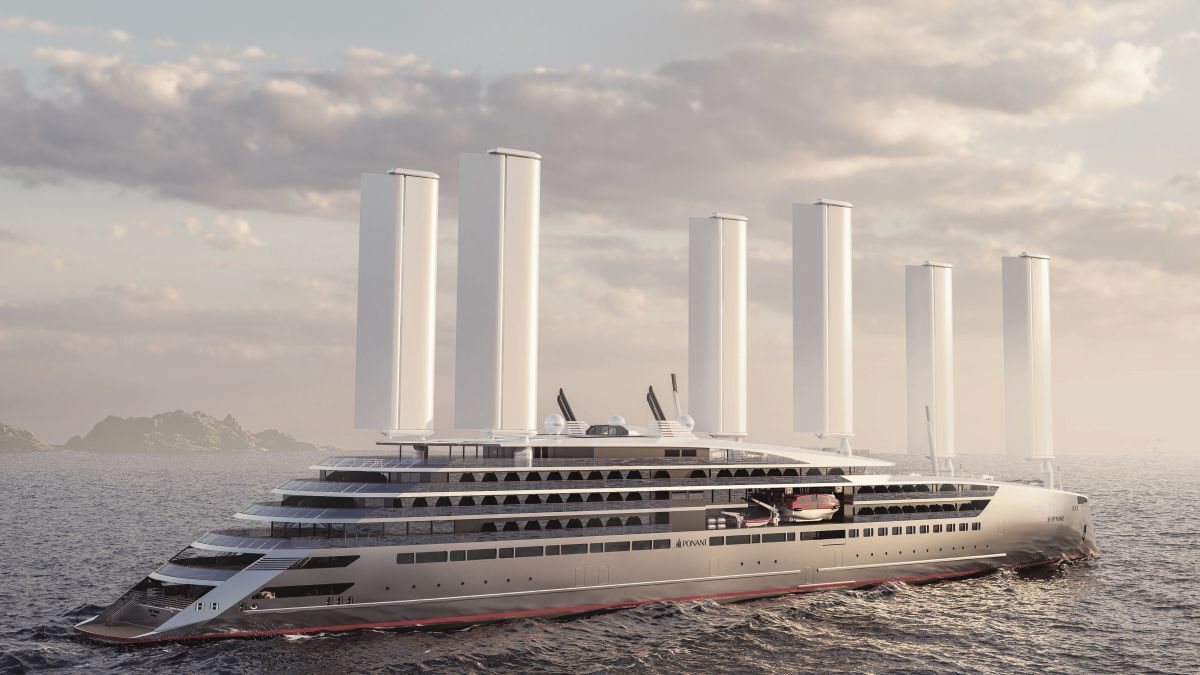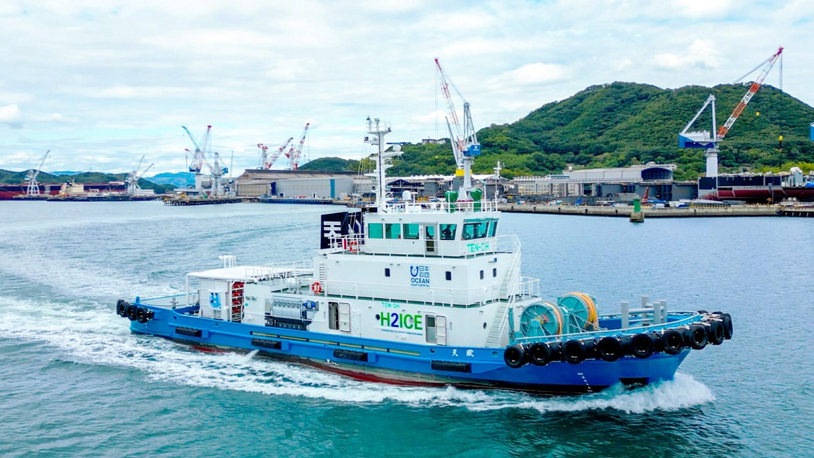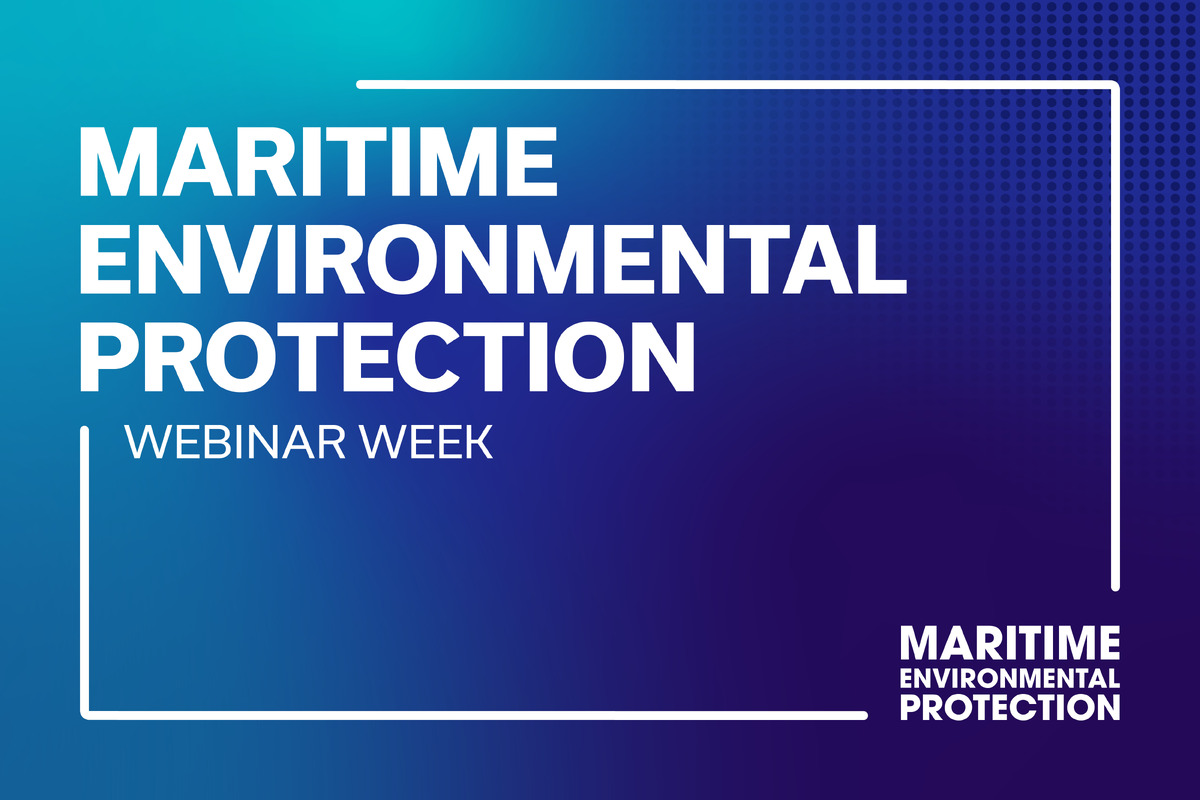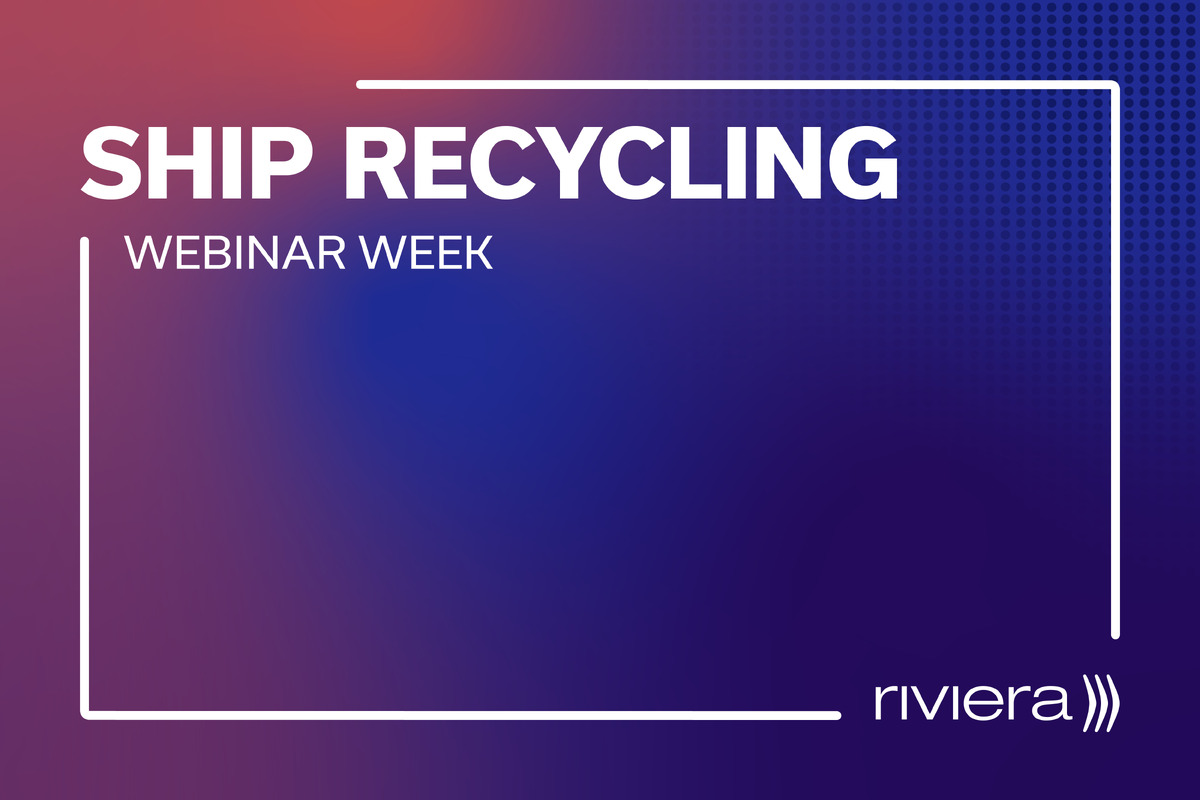Business Sectors
Events
Marine Coatings Webinar Week
Contents
Register to read more articles.
ICS: governments kick decarbonisation down the road at MEPC77
“It’s almost as if COP26 never happened,” said International Chamber of Shipping (ICS) Secretary General Guy Platten, commenting on inaction on a number of key shipping decarbonisation initiatives at IMO’s recently concluded Maritime Environment Protection Committee (MEPC) 77 meeting
“We are disappointed that the words and commitments made by governments at COP26 have not yet been translated into action. This week’s meetings have missed the opportunity to take forward a range of greenhouse gas (GHG) reduction measures which would accelerate the development of zero-emissions ships that are urgently needed at scale to decarbonise our sector,” said Mr Platten in a press statement.
The meetings held 22-26 November were seen by the International Chamber of Shipping as the “first litmus test” of government’s decarbonisation commitments following COP26. IMO concluded the meeting without consensus on any of the proposals, delaying action on greenhouse gas reduction, market-based measures and other decarbonisation issues until 2022.
Among those is a proposal by ICS for a US$2 per tonne carbon levy on fuel paid by the shipping industry to fund the IMO Maritime Research Fund (IMRF). The fund would be used to accelerate the rapid increase of technology readiness levels to ensure zero-carbon fuels can be used on large oceangoing ships.
“Governments can’t keep kicking the can down the road; every delay moves us further away from reaching pressing climate goals. We will continue to work with governments to agree to the suite of measures which the industry has proposed, including the US$5Bn R&D fund as an immediate step to be followed by a levy-based carbon price for shipping. The adoption of both these measures will be the only way to deliver on net-zero emissions from shipping by 2050 while ensuring an equitable transition that leaves no one behind,” he continued.
ICS favours the carbon levy over an emissions cap-and-trade system that would be established and overseen by IMO.
Island nations Marshall Islands, Solomon Islands and Kiribati, which are particularly threatened by climate change, proposed international shipping become emissions-free by 2050. The proposal was backed by the UK, US, Canada, Japan and Panama. This would accelerate IMO’s ambition to reduce international shipping emissions by 50% by 2050 as compared with 2008. Shipping emitted 1.056Bn tonnes of CO2 in 2018 – about 2.89% of global manmade CO2 emissions.
The Marshall Islands and Solomon Islands also proposed draft amendments to Marpol Annex VI to create an International Greenhouse Gas levy fund. Each ship would be assessed to contribute to a levy of US$100 per tonne of CO2 equivalent emissions.
“The message from the industry at COP26 was clear; time is running out and we must do everything in our power to decarbonise now. Industry will continue to press IMO to act, as the importance of addressing climate change is too great to give up on,” said Mr Platten.
“All we are asking is for governments to let business get on and do the things that need to be done. We are not even asking for money or the type of subsidies that other sectors receive. This is a no brainer at a time when we do not have time to prevaricate,” he concluded.
Related to this Story
Events
Marine Coatings Webinar Week
Maritime Environmental Protection Webinar Week
Ship Recycling Webinar Week
© 2024 Riviera Maritime Media Ltd.
